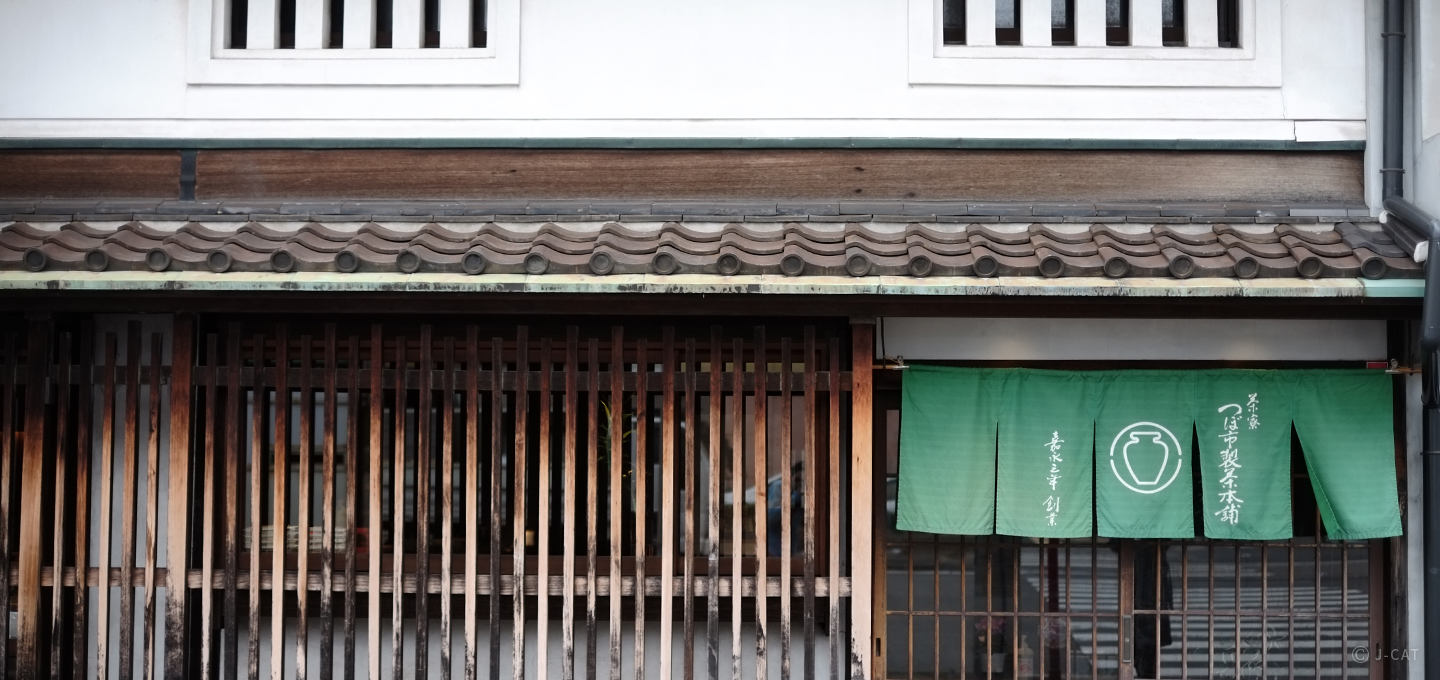
Special Experience
Osaka
Japanese Tea Culture Experience & Tea-Based Lunch in Sakai, Osaka — Sen no Rikyu's Hometown
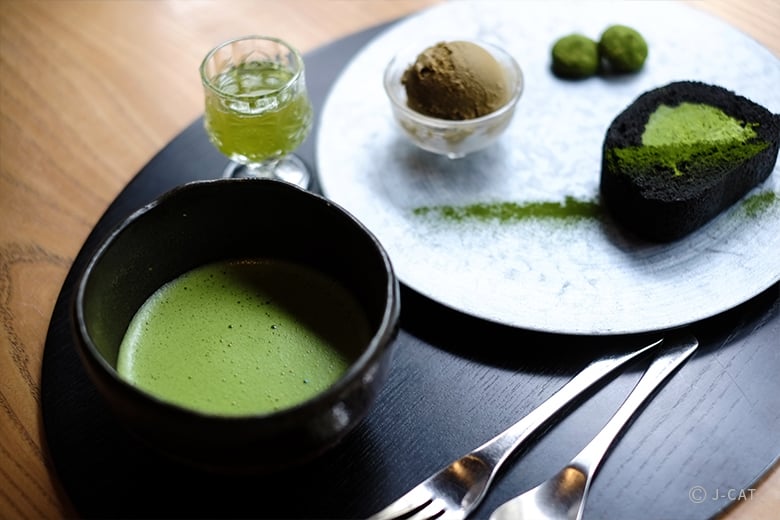
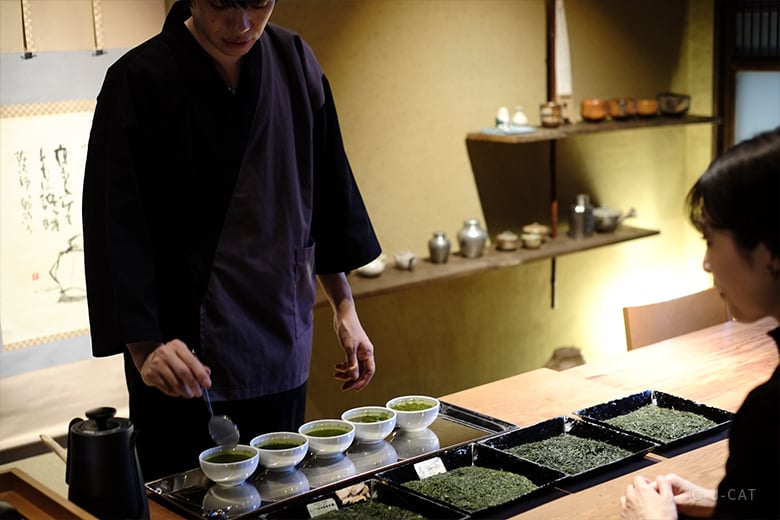
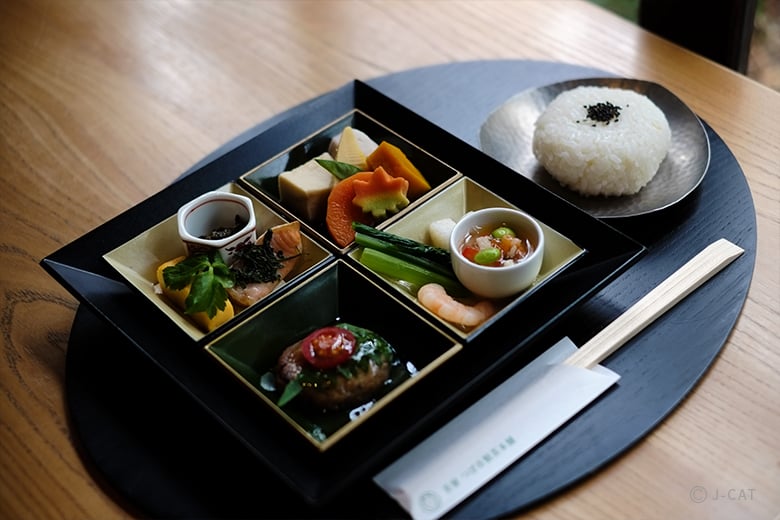
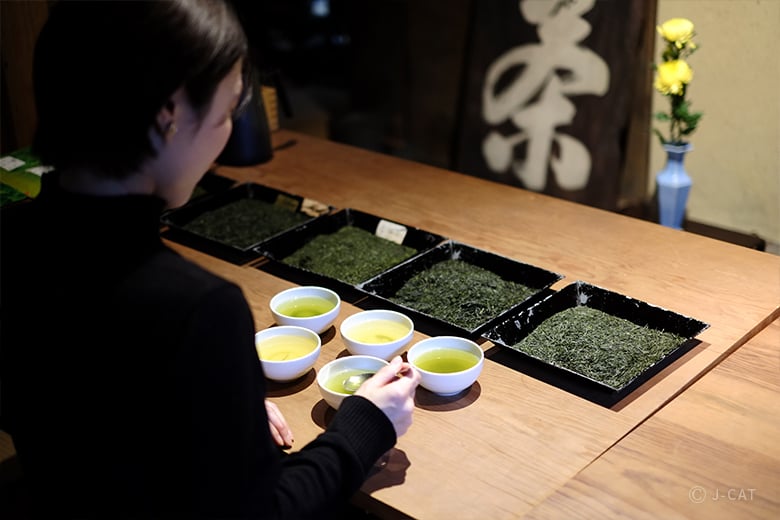
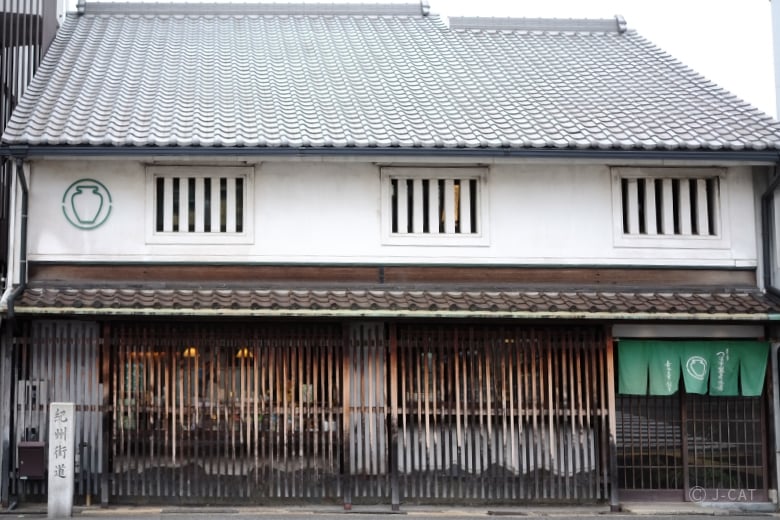
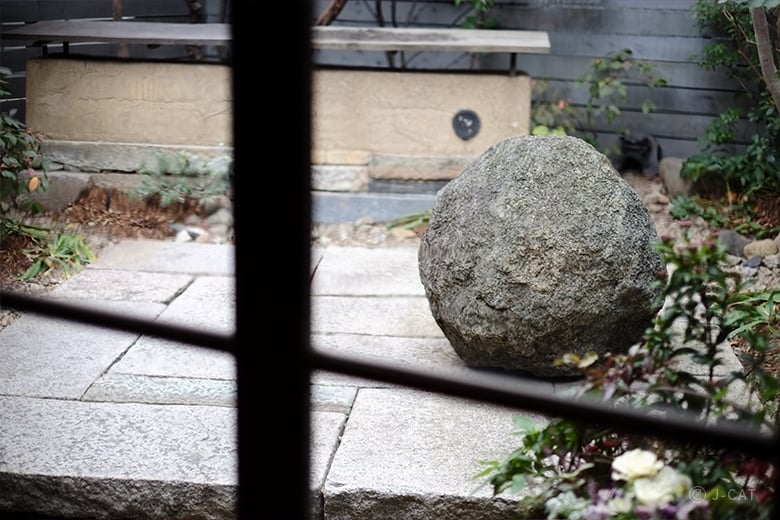
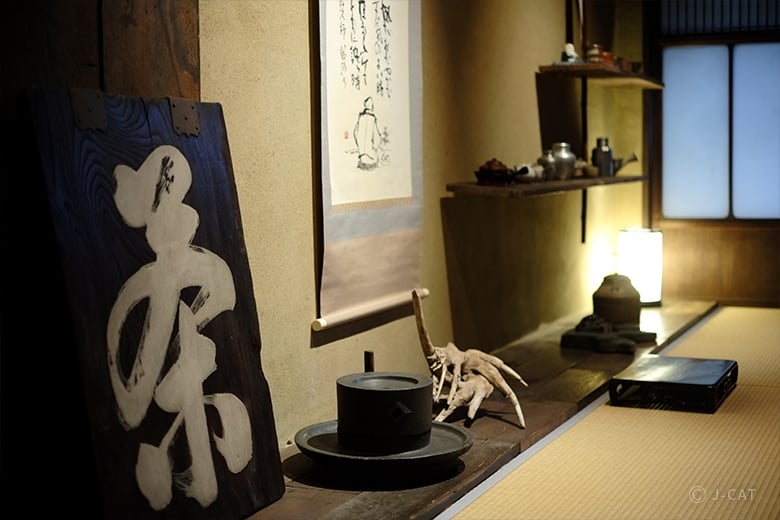
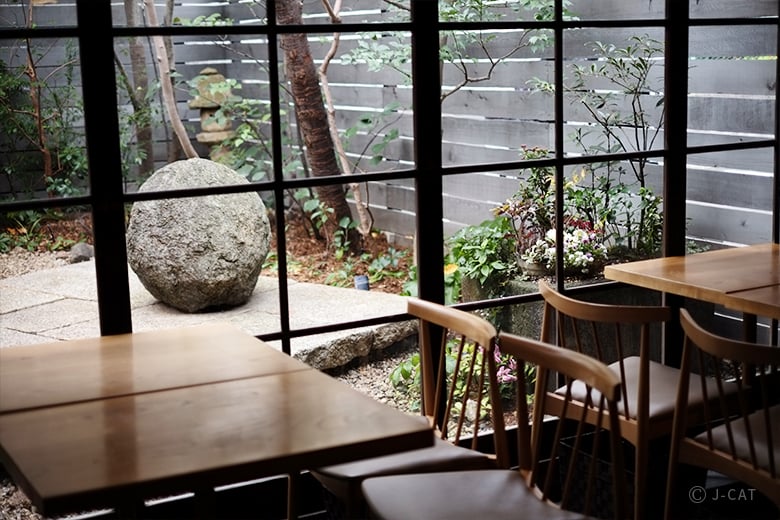
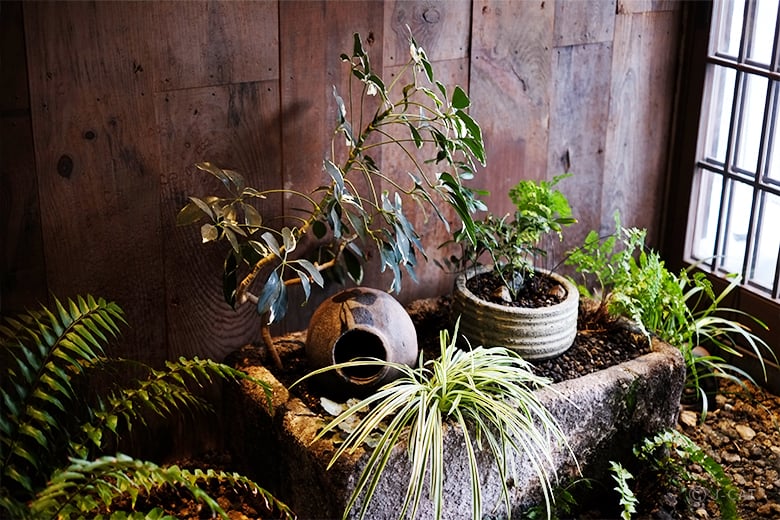
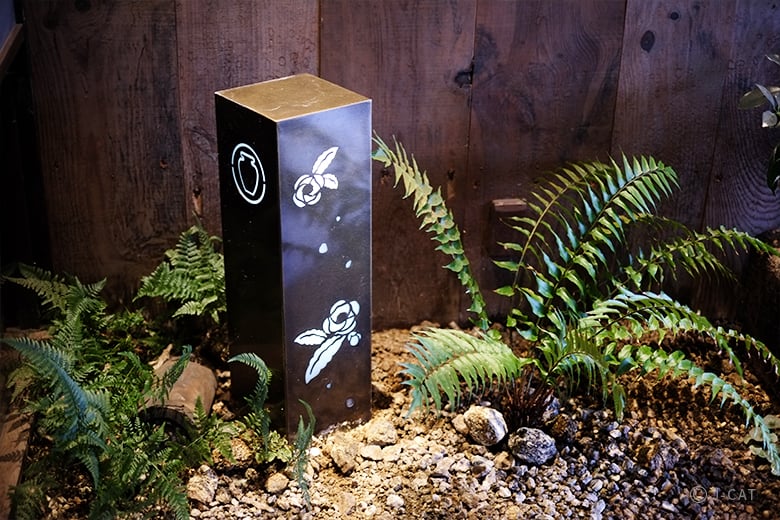
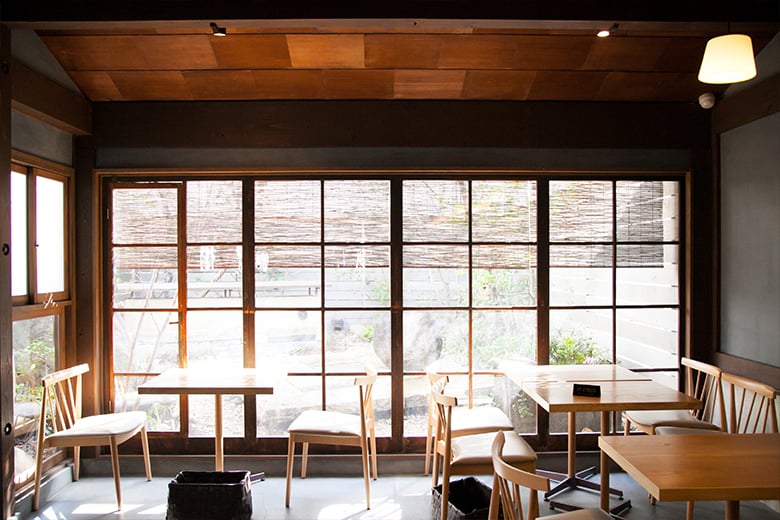
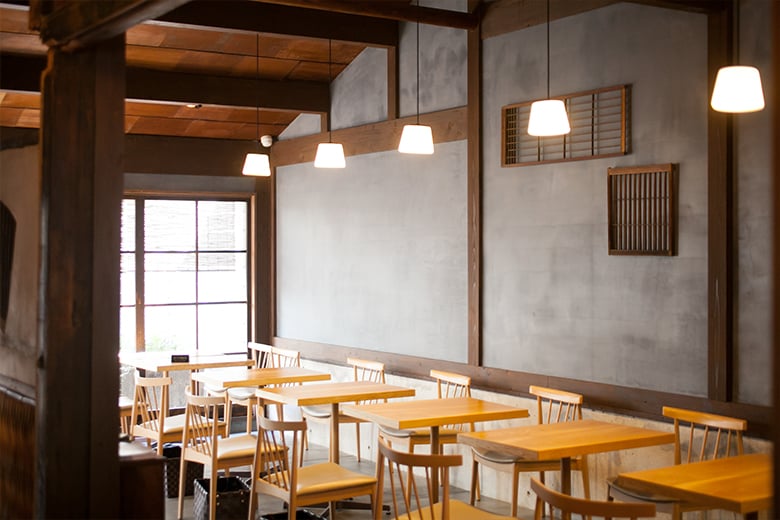
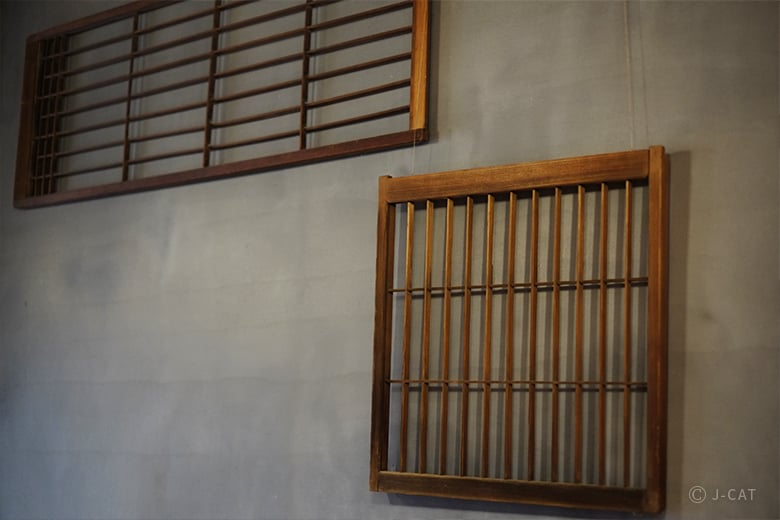
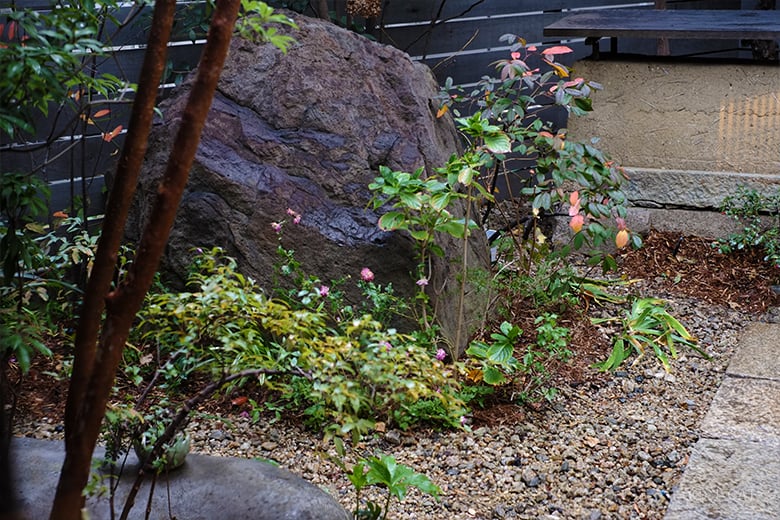
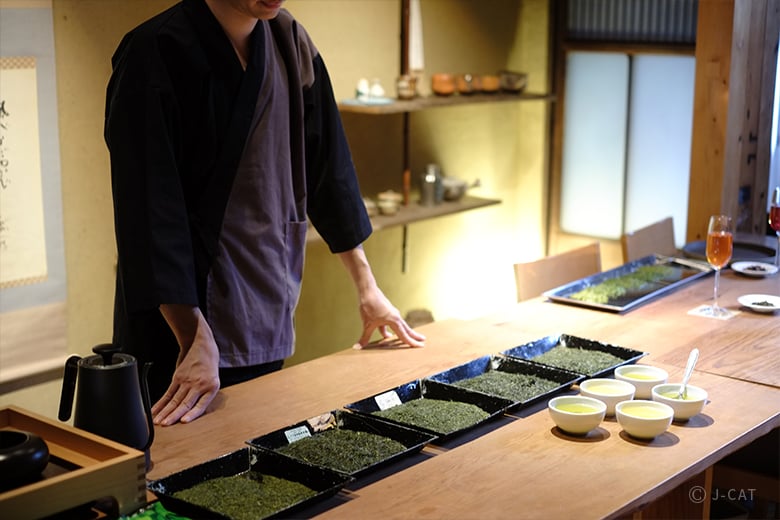
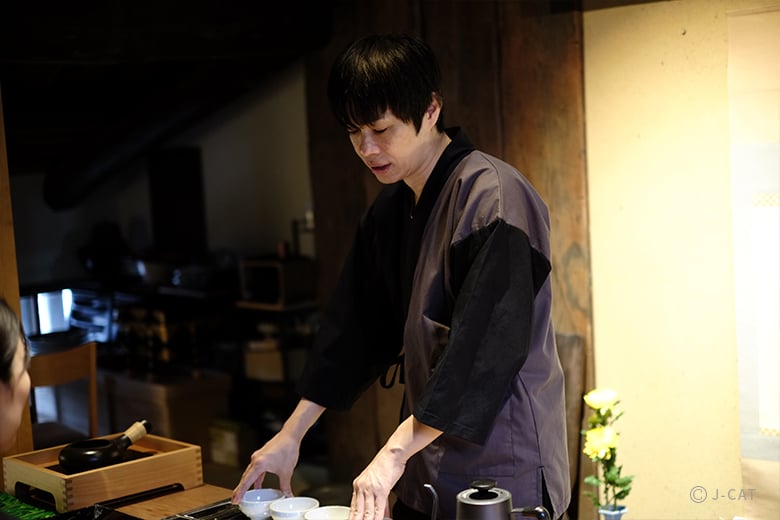
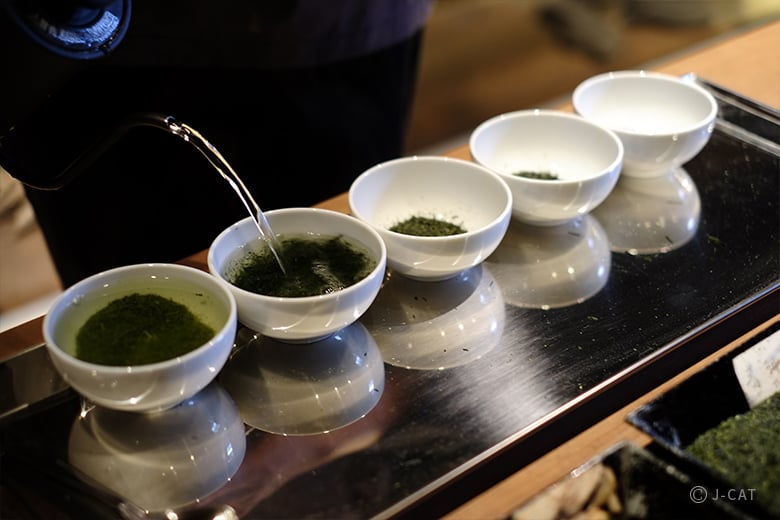
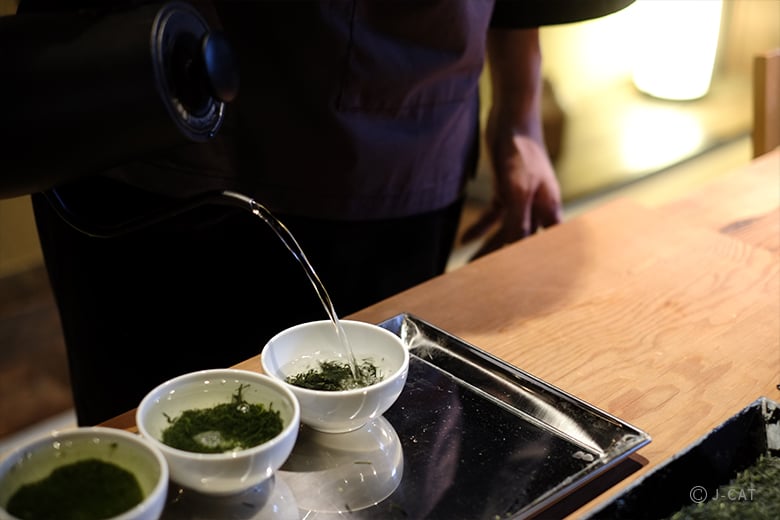
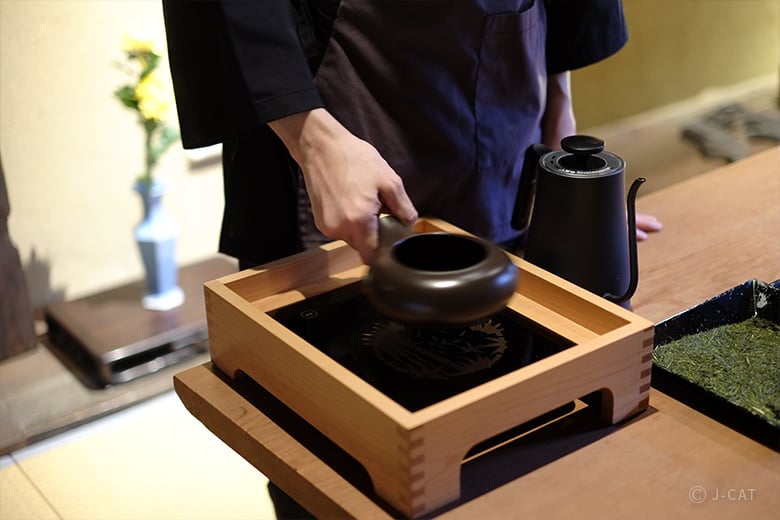
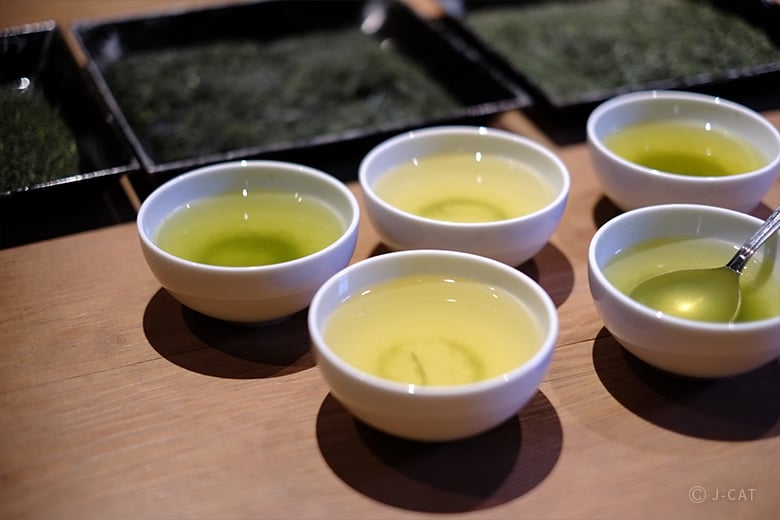
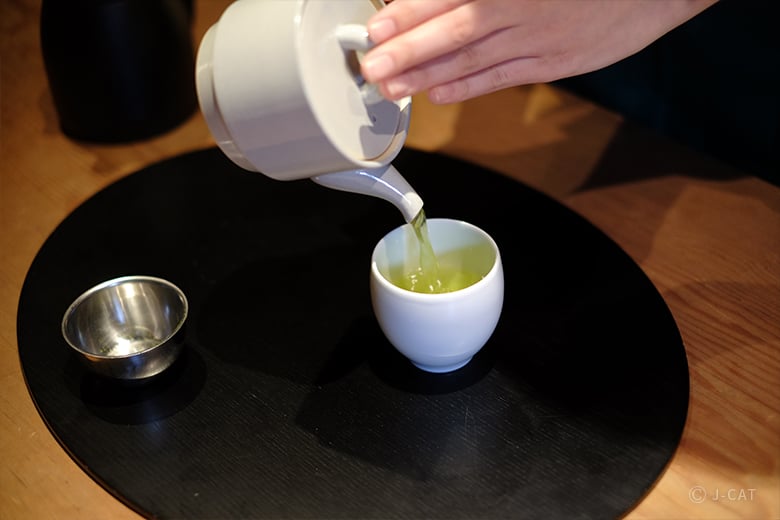
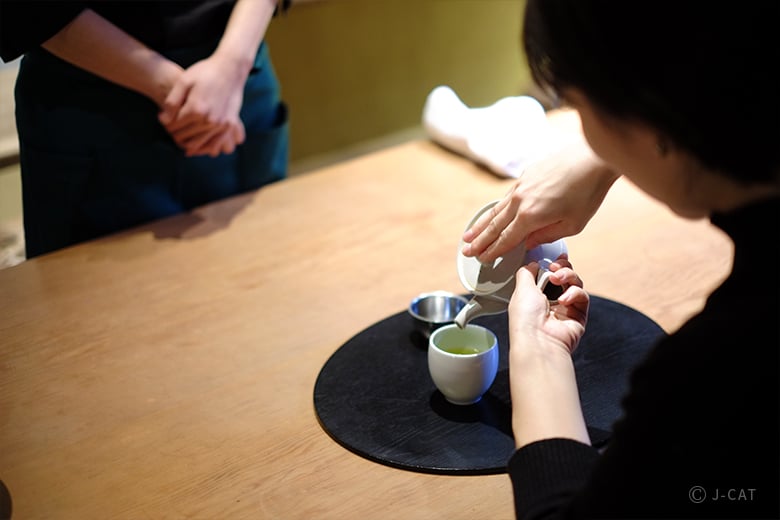
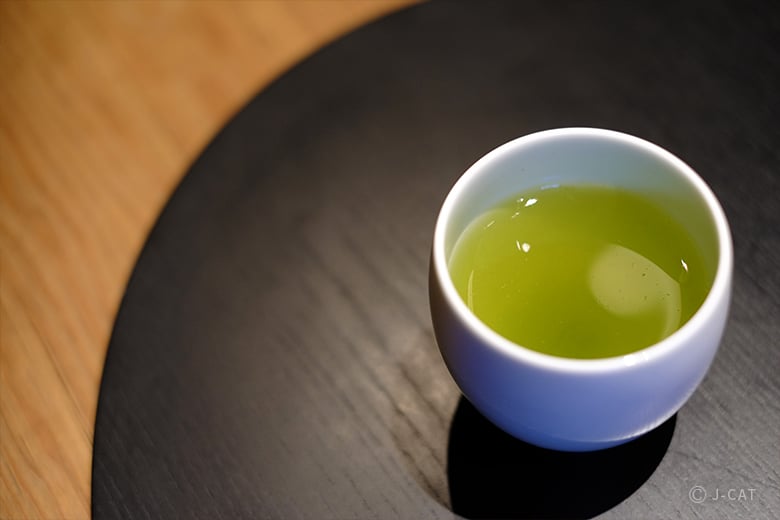
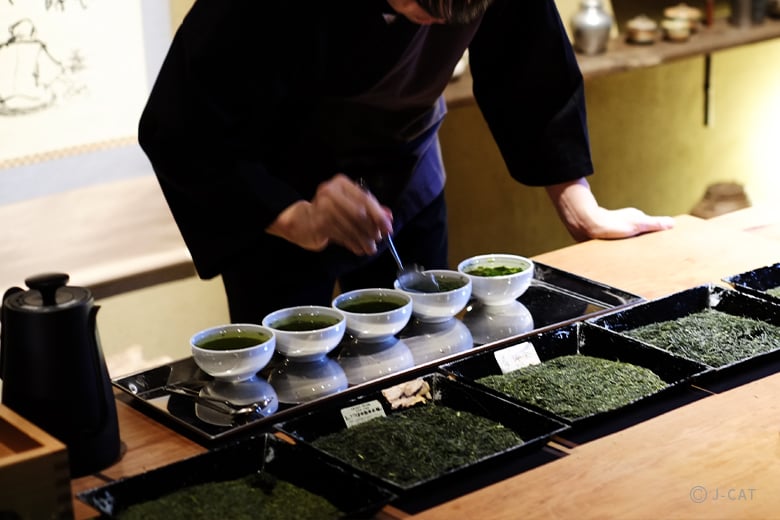
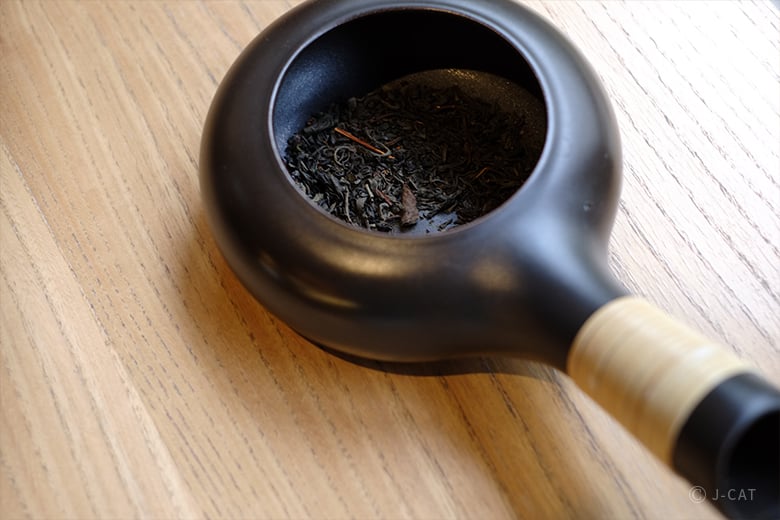

























Overview
Immerse yourself in Japan's rich tea culture at no less than the hometown of the great tea master Sen no Rikyu (1522–1591): Sakai City in Osaka. At Tsuboichi Seicha Honpo, a reputed tea shop in Sakai with a history of over 170 years, enjoy a comprehensive Japanese tea culture experience and savor a tea-based lunch course — complete with a Wabunka-exclusive dessert made with high-grade matcha. Watch skilled tea masters select tea leaves from various regions then roast and blend them right in front of you, and relax with some tea in the tranquility of the 340-year-old traditional building that houses Tsuboichi Seicha Honpo.
Key Features
・Deeply immerse yourself in the world of Japanese tea at a long-running tea shop in Sakai, the hometown of Sen no Rikyu, the great founder of the Japanese tea ceremony
・Enjoy two tea-based welcome drinks; then, after an explanation by a tea master, experience roasting tea leaves yourself, taste and compare different types of tea, and learn to properly brew tea
・Savor a flavorful tea-based lunch that ends with a Wabunka-exclusive dessert made with high-grade matcha, as well as tea leaves and sweets for you to take home
Osaka
120mins
from ¥22,000 /person
1 - 6 participants
Available in English
Cancel free up to 11 days prior
Details
Discover the Origins of Japanese Tea Culture at an Established Tea Shop in Sakai, Osaka
Established in Sakai, Osaka — the birthplace and hometown of the great tea master and tea-ceremony founder Sen no Rikyu — in 1850, Tsuboichi Seicha Honpo is a prestigious tea shop that has provided high-quality tea for over 170 years. Throughout its long history, it has employed skilled tea masters to select, roast, and blend tea leaves, and it remains committed to preserving and developing the culture of enjoying tea.
As a trading hub since ancient times, the port city of Sakai is a strategic location for a tea shop like Tsuboichi Seicha. Facing the Kishu-Kaido road that links the southern part of Osaka with Wakayama, Sakai prospered as an international trading port during Japan's Warring States Period. Here, trading and cultural exchange with countries such as Spain and Portugal flourished. Even today, Sakai still has a reputation for commercial trade; tea leaves from all over Japan make their way here.

Tsuboichi Seicha Honpo believes in the power of tea to connect people
The name "Tsuboichi" is an amalgamation of two names. "Tsubo" comes from the town of Tsuboi in Osaka's Izumi City, where Tsuboichi's founder Ichibei Tanimoto ran a tea plantation, while "ichi" comes from the name "Ichibei." The shop's logo depicts a tea urn called chatsubo.
Currently, Junichi Tanimoto has stepped up as the shop's fifth-generation head. His predecessor, the fourth-generation head, brought fresh new ideas to the local tea-drinking culture, such as being the first in Japan to import Taiwanese oolong tea for commercial use. Balancing innovation and tradition, Tsuboichi Seicha works to support and protect traditional tea culture, tea-production technologies, and tea farmers.

Decorating the special room for workshops are an assortment of tea utensils and a signboard saying "cha" ("tea") that survived wartime fires
Tsuboichi Seicha Honpo, the brand's main shop, is housed in a 340-year-old historical building. The building's pillars made of cherry wood and the ajiro-kabe bamboo walls with intricate wickerwork patterns are so masterfully designed that architects go out of their way to visit Tsuboichi Seicha Honpo to see them. The courtyard garden that can be seen from the back of the shop is a relaxing space where one can feel in harmony with nature.

Guests can enjoy views of the courtyard garden from inside the shop
A Detailed Explanation Covering the History and Benefits of Tea
To start the experience, at a special private room on the second floor, you will enjoy two different kinds of fermented kombucha as welcome drinks. Although the acidity levels of both drinks differ, they both have a refreshing aftertaste.
Tea is said to have antioxidant properties and numerous health benefits. It's rich in catechins, which can prevent lifestyle-related diseases and tooth decay; theanine, which aids in relaxation; dietary fiber for internal regulation; and vitamins that can prevent colds and beautify the skin. These components all work in synergy to improve body health.

Taste two different types of kombucha and compare their flavors
After the welcome drinks, it's time for a primer on tea from an experienced tea master. The instructors are experts in their fields, including a certified tea appraiser—a specialist who evaluates the quality of tea leaves, with fewer than 50 in Japan—and a tea master, qualified as a Japanese tea instructor.
In this fascinating explainer, you'll take a deep dive into the world of tea, learning about topics such as the history of Sakai and tea, the tea leaves that Tsuboichi Seicha Honpo uses, and the difference between black tea and Japanese tea.
Taste Different Japanese Teas Brewed by Skilled Tea Masters
Next, a professional expert in Japanese tea will show you the stages of the tea-making process. A variety of dried tea leaves will be laid out on a table — watch how the leaves change in appearance when hot water is poured over them. Through interactive demonstrations, discover how tea leaves differ depending on the region where they are produced, the intensity of heat that it's subjected to, soil quality, and so on. Use your senses to see, feel, smell, touch, and taste how these leaves differ in shape, color, aroma, and so on.

Observe up close how a professional tea master distinguishes different tea leaves
Relax as you take in the rich aroma of tea leaves. You can also try roasting tea leaves yourself in an earthenware pot called horoku until they become fragrant. If you purchase a horoku for yourself (available for an additional fee as an optional add-on), you can roast tea leaves on your own and make homemade hojicha (roasted green tea) anytime you like.

A blissful time taking in the fragrant scent of tea leaves
The demonstrations will also teach you the secrets to brewing delicious tea. When brewing tea, remember not to rush. Wait for the tea leaves to open, and pour hot water in three batches, making sure to pour a little at a time to bring out the tea's optimal flavor. With just a bit of extra effort, you can greatly enhance the taste of your tea.

Watch and learn from a tea master how to brew delicious tea in a teapot
Indulge in Carefully Prepared Japanese Food and Sweets Made with High-Grade Matcha for Lunch
After learning about the tea-making process, have lunch with a view of the courtyard on the first floor. Partake in a Japanese meal set with onigiri rice balls and an assortment of small dishes. Finally, as a Wabunka-exclusive treat, enjoy a dessert of sweets made with plenty of high-grade matcha.

A colorful assortment of small dishes(The contents of meals vary depending on the season)
For dessert, sweets such as matcha roll cake and hojicha ice cream complement a warm bowl of matcha prepared by a Japanese tea expert. Enjoy the contrast of the desserts' soft, gentle sweetness and texture with the umami flavor of matcha.

A decadent Wabunka-exclusive special dessert plate of sweets made with high-grade matcha
As an optional add-on (additional charges apply), you can have your dessert plate changed to a seasonal matcha parfait, if you prefer. Exclusively available at Tsuboichi Seicha's Sakai main shop, this exquisite dessert is simply a culinary masterpiece. With matcha jelly made from Tsuboichi Seicha Honpo's signature matcha brand Sakai no Mukashi as one of its ingredients, this parfait will enable you to enjoy Tsuboichi's high-grade tea to your heart's content.

The seasonal parfait (available as an optional add-on) comes with monaka wafers bearing the word "cha" (tea), like the shop's iconic signboard
A Profound Encounter with Tea Culture at Sakai, Sen no Rikyu's Hometown
This experience is a gateway to the world of Japanese tea. Learning directly from a skilled master, you'll be able to understand with all your senses the appeal of Japanese tea. After the experience, how about integrating your newfound appreciation for tea into your daily life? Making tea drinking a habit will surely invigorate your lifestyle.

This experience conveys just how valuable tea is; you will surely leave with an increased appreciation for tea
Since the days of foreign trade in ancient times, when high-quality goods were unloaded at the port, Sakai has been a leader in tea-drinking culture. It's thanks to tea masters who diligently preserved tradition but innovated with the times that Japanese people can casually enjoy tea in their daily lives, so visit Sakai to experience for yourself the local tea culture in the land that nurtured the great Sen no Rikyu!

With the tea leaves and sweets that you’ll receive as presents, you can also enjoy tea time at home, on your own
Saryo Tsuboichi Seicha Honpo (Sakai Main Shop)

Saryo Tsuboichi Seicha Honpo (Sakai Main Shop)
Established in 1850, Tsuboichi Seicha Honpo is a tea shop located in Sakai, Osaka — a city where commerce and trade flourished in ancient times, and the birthplace of the tea master Sen no Rikyu. For over 170 years, Tsuboichi Seicha has leveraged the expertise of tea masters to create authentic, high-quality tea made from carefully selected tea leaves.
Tsuboichi Seicha is committed to spreading tea-drinking culture across Japan and internationally. In 2023, it was selected to serve tea-infused sweets and kombucha at the reception of the G7 Trade Ministers' Meeting in Osaka-Sakai.
Customer's Voice
The experience was very interesting and eye opening!
Y.A. Egypt
We really enjoyed the tour, and Murakami-san and the guide were fantastic. Very informative and engaging. It was a bit on the pricey side but I understand the pricing since it is a private tour. Since it was a private tour and we had a translator, we could ask many questions about the subject! I liked the tea blending and tasting. It was very fun and engaging. I could feel the appreciation for their agricultural products!
S.L. Singapore
It was a MUST-DO! We loved this experience. We loved every moment of this experience. It is 5 stars all around for us because of the service, the interpretation, and the content. The lunch provided was delicious and it was special we got to bring home souvenirs as well, at no cost to us. Getting to make our own green tea blend was a really special moment because we love green tea. We liked being able to customize the flavor to how we want. This was our major history lesson of Osaka and tea. It was beautiful and educational. We would do this again in a heartbeat.
T.A. United States
Location
Saryo Tsuboichi Seicha Honpo (Sakai Main Shop)
Sakai Ward, Sakai City, Osaka
Request for booking
Select first preferred date (JST)
February 2026
Sun
Mon
Tue
Wed
Thu
Fri
Sat
Instant Booking
Request Booking

17
Full

17
Unavailable
- Instant Booking: Your reservation is confirmed immediately upon payment.
- Request Booking: You will receive confirmation after the host reviews your request.
Osaka
120mins
from ¥22,000 /person
1 - 6 participants
Available in English
Cancel free up to 11 days prior
Things to know
Contact Us
If you have any questions, please contact us using the form below.
We also accept bookings from corporate clients and travel agencies.